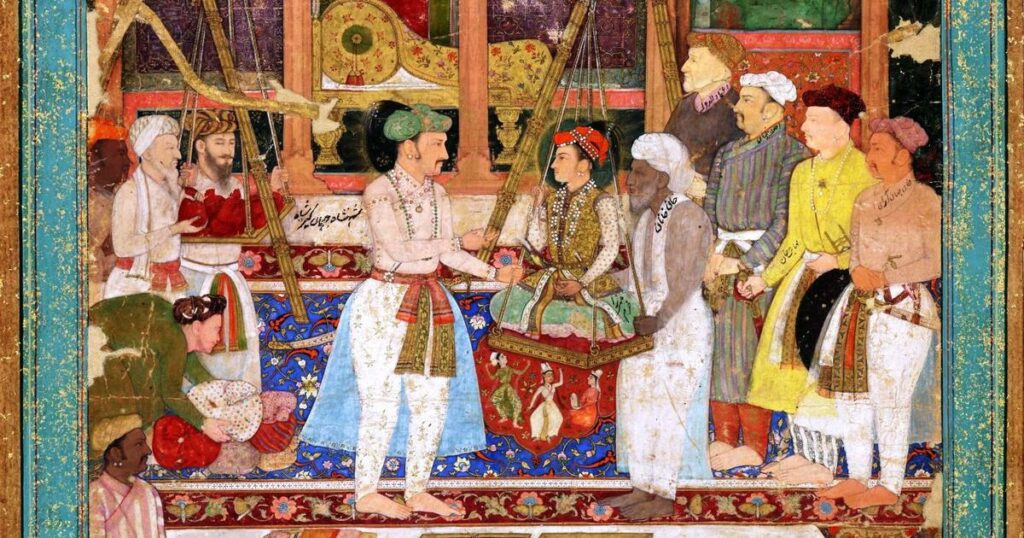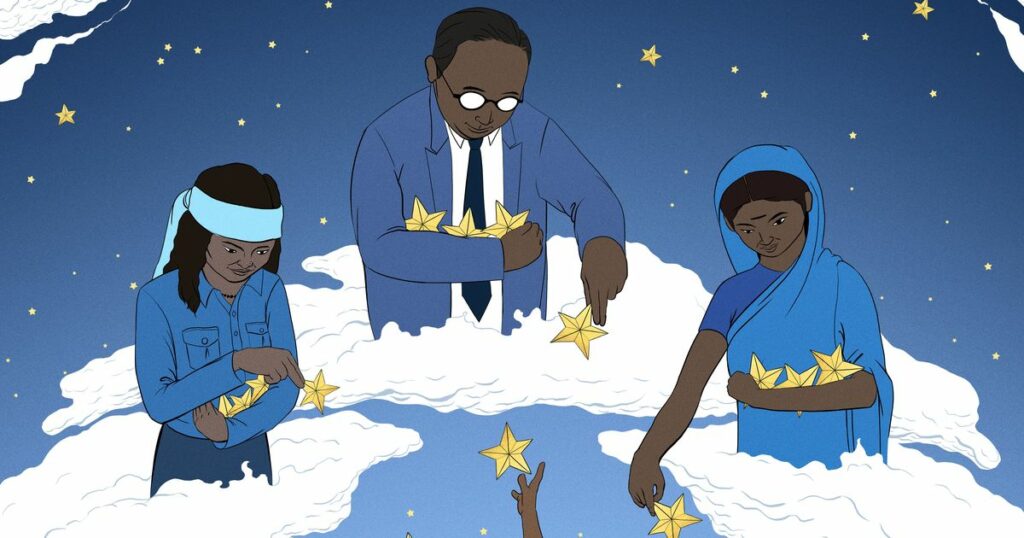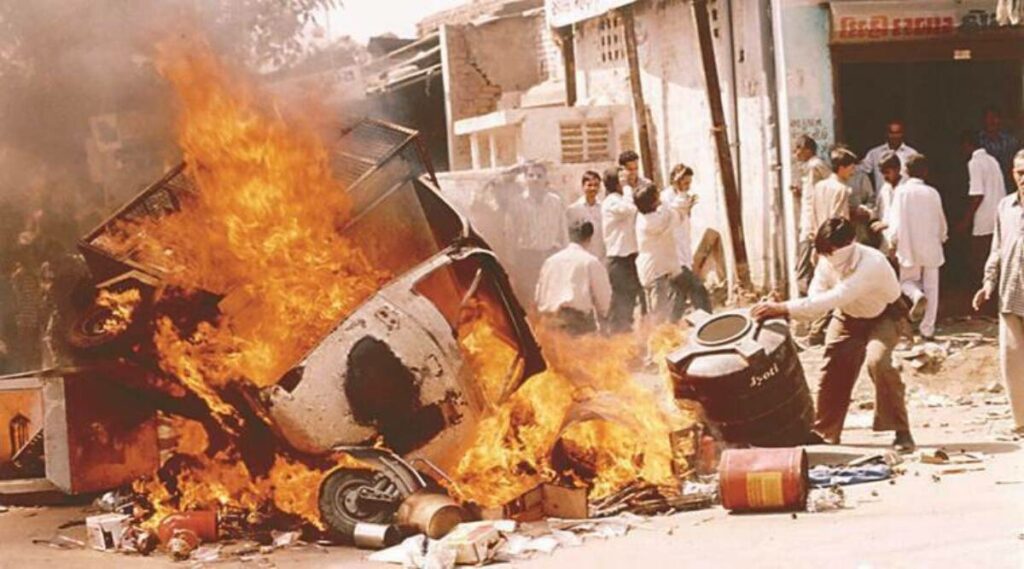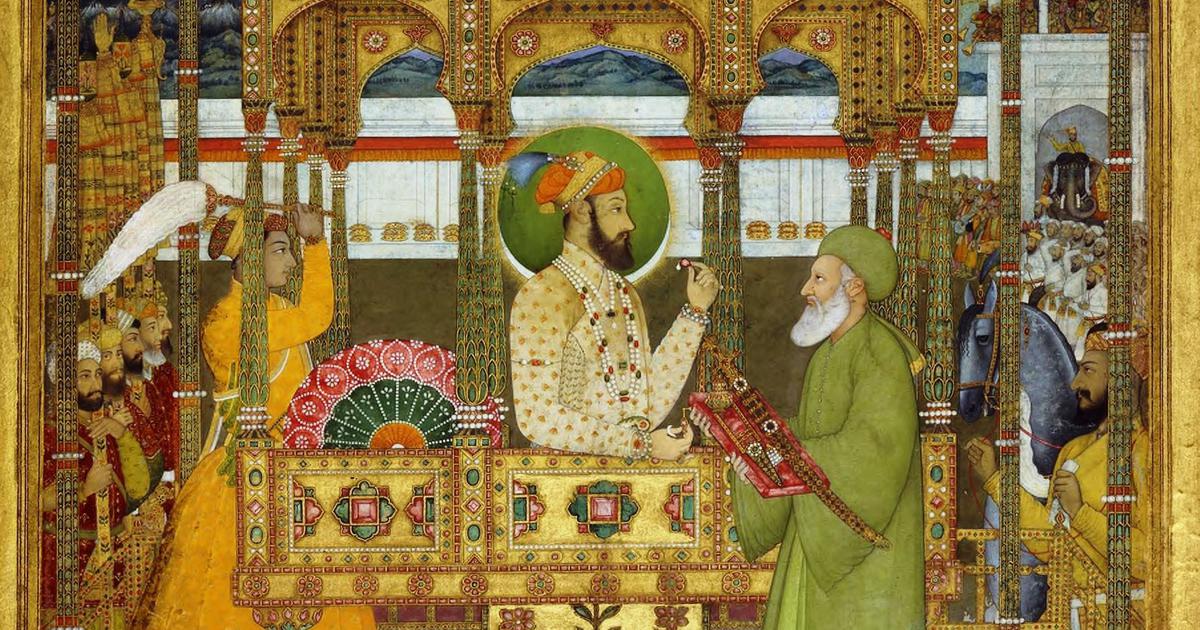The NCERT textbooks recently made several changes in the history, political science, and literature textbooks of higher secondary students across the nation. It omits specific chapters of political struggle and historical legacy that are symptomatic of the broader political climate of the country. Of the omission, Mughal history and Dalit history have particularly been targeted. Other than that, the history of the 2002 Gujarat Riots has also been removed from the ‘recent pol’ movement from the class 12 Political Science textbook. A poem on Dalit Struggle in India also has been edited out of a Political Science textbook.
According to Times of India, from the class 12 History textbook, the chapter topic ‘Themes of Indian History: Part 2’ which is relevant to ‘Kings and Chronicles; the Mughal Courts (c. 16th and 17th centuries)’ have been removed. Subtopics under ‘Central Islamic Lands,’ ‘Clash of Cultures,’ and ‘Industrial Revolution’ have also been removed from the class 11 textbook, Themes in World History.

This event caused a stir among the netizens and incited concerns regarding the quality of education children are receiving.
Significant changes in the textbooks
According to Times of India, from the class 12 History textbook, the chapter topic ‘Themes of Indian History: Part 2’ which is relevant to ‘Kings and Chronicles; the Mughal Courts (c. 16th and 17th centuries)’ have been removed. Subtopics under ‘Central Islamic Lands,’ ‘Clash of Cultures,’ and ‘Industrial Revolution’ have also been removed from the class 11 textbook, Themes in World History.
Similar changes have been made from the Class 12 political science textbook as well. Specific political moments such as the chapter under the subtopic ‘Gujarat Riots’ has been deleted from the broader theme of ‘Recent Developments in Indian Politics’. From the textbook, reference to the National Human Rights Commission report regarding the horrors and the violence of the 2002 Gujarat Riot has also been surreptitiously omitted. In a similar vein, the “Raj dharma” remark made by the former Prime Minister of India has also been removed from the textbook.

Not only have Mughal History been removed from the textbooks, but Dalit minority existence has also been erased from the NCERT textbooks.
The News agency PTI has reported, “A poem on the Dalit movement and a chapter on the Cold War are among the exclusions from the political science textbook”. Moreover, the class 12 textbook Indian Politics after Independence has also undergone rigorous changes with the deletion of two significant chapters titled ‘Rise of Popular Movements’ and ‘Era of One Party Dominance.’
It is not just a censure of a specific historical milieu and the violent history of the RSS, but an attack on the idea of democracy itself. Several chapters that articulate and invoke the ethos, and important legacy of democracy, such as ‘Democracy and Diversity’, ‘Popular Struggles and Movements’, and ‘Challenges of Democracy’ have been removed from the class 10 textbook Democratic Politics 2.
Not only in history and political science books but this rapid edition of erasure and omission has also intervened in Hindi Textbooks. Poetry and Prose referring back to Mughal history have been left out of the new editions.
Also Read: NCERT Manual & Gender-Sensitive, Trans-Inclusive Approaches To Education
It is not just a censure of a specific historical milieu and the violent history of the RSS, but an attack on the idea of democracy itself. Several chapters that articulate and invoke the ethos, and important legacy of democracy, such as ‘Democracy and Diversity’, ‘Popular Struggles and Movements’, and ‘Challenges of Democracy’ have been removed from the class 10 textbook Democratic Politics 2.
Students returning to school for the academic session of 2023- 2024 will be taught these editions of the textbooks.
The dangerous implication of such erasure: The deletion of Mughal and Dalit history
This is not the first time textbooks have been shaped and restructured through omission and deletion to create a false sense of belonging and justification for a political party’s claim to violence. However, such drastic steps have not been imposed before. The deletion of Mughal History points to the underlying notion of Islamophobia that the ruling party evokes among its followers.
Yet, one must consider the dangerous possibilities that such arbitrary omissions will evoke in the coming years.

The history of the Mughal Empire forms a major part of what constitutes Indian History. Without it, students will have an incomplete and surface-level understanding of the nation’s past and its heritage.
Uninformed notions about their nation’s past will disempower the students and lead them deeper into the clutches of orthodox Hindutva political brainwashing.
Historians have strongly condemned this decision and took to Twitter to express their disdain and indignation. Katherine Schofield, a historian and scholar of music and listening in Mughal India, tweeted,” This is Ridiculous. The Mughals ruled over much of India for over 200 years (technically over 300) and left behind an enduring legacy. Love them, loathe them, or really not care- leaving the Mughals out of school history textbooks won’t magic them away.”
Similarly, Dalit history too has been eliminated time and again. This is evident in the caste supremacist narrative that school textbooks take on in their introduction to caste hierarchy among students. The harmful implications and the violent impact of caste division should be a fact that children’s textbooks must unequivocally condemn at their inception.
Regarding these changes UP Deputy Chief Minister Brajesh Pathak has commented, “We will teach our students using NCERT books… whatever is there in the revised edition will be followed,”.
Historians have strongly condemned this decision and took to Twitter to express their disdain and indignation. Katherine Schofield, a historian and scholar of music and listening in Mughal India, tweeted,” This is Ridiculous. The Mughals ruled over much of India for over 200 years (technically over 300) and left behind an enduring legacy. Love them, loathe them, or really not care- leaving the Mughals out of school history textbooks won’t magic them away.”
Such deletions reveal an underlying hatred towards Muslims, Dalits, and other minority communities. By keeping the younger generation in the dark, this act of omission seeks to make the young minds more susceptible to hatred and religious intolerance.
Also Read: Why NCERT Dropping Chapters From History Textbooks Is A Feminist Concern
Such tweets and online conversations express acute anxiety regarding the state of the Humanities studies in the country. The study of Humanities makes students more aware of their surroundings and inculcates a deep sense of self-awareness that threatens the fascist structure of one-party rule that the government seeks to impose. Such censored acts of the State defeat the purpose of knowledge in the arts and humanities streams and pose a threat to its very existence.
About the author(s)
Debabratee (she/they) is a student of English Literature at Jadavpur University. When they are not found reading or writing, they are found running after their pet dog and cuddling with him. They are avid binge-watcher of all kinds of OTT content and like to dissect and analyse them in their free time.




